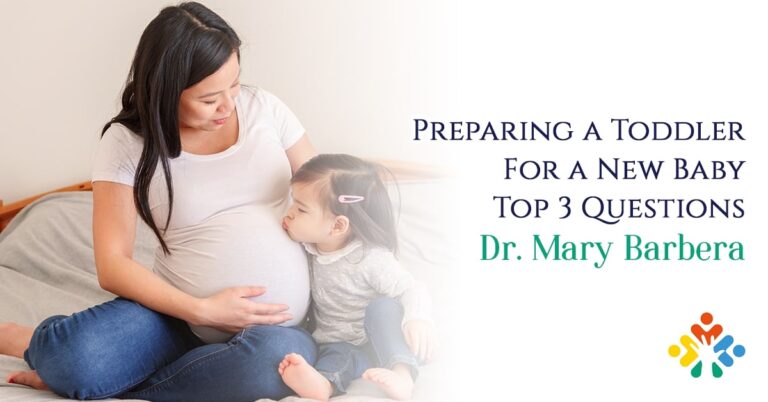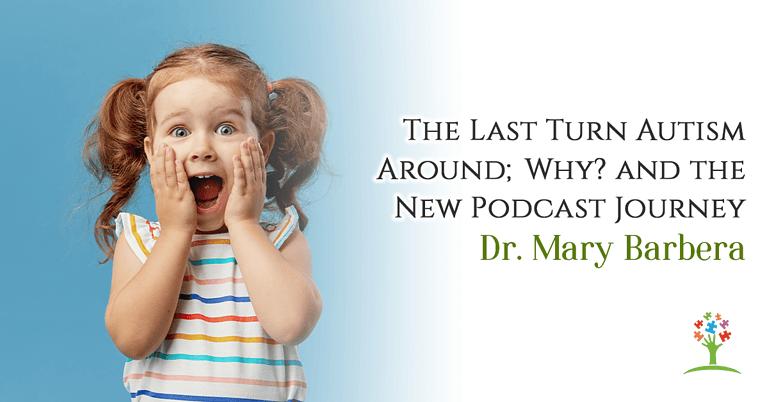Is your 18 month old not talking? In this podcast episode, we will address the concerns and questions surrounding speech delays in 18-month-old children. Whether you are a parent, caregiver, or professional working with children, these action steps can provide valuable guidance in supporting your child’s language development. Our goal is to take proactive measures and ensure the best outcomes for children facing speech delays or other developmental concerns. So, if your 18-month-old is not talking yet or if you are unsure how many words they should have, this episode is for you!
Let’s get started…Here are the 5 action steps we discuss if your 18 month old is not talking or talking enough.
One important aspect to remember when dealing with a potential speech delay in your 18-month-old is to remain calm and approach the situation realistically. It is natural to feel concerned, but panicking will not help the process. Instead, let’s focus on accurately assessing your child’s abilities. Avoid inflating language skills, and strive for an objective understanding of your child’s developmental progress. If your 18-month-old is not talking, it might be an indication of a speech delay. Let’s explore the next steps together.
To gain insights into your child’s development, it is beneficial to familiarize yourself with the milestones typically achieved by 18-month-old children. The CDC Act Early Milestones is a great resource for parents and professionals. These milestones encompass speech development, social-emotional skills, physical movement, and imitation abilities. By comparing these milestones to your child’s progress, you can assess whether intervention may be needed. Remember, your 18-month-old not talking is a situation we can address together.
This is a common question parents ask when facing speech delays. Typically, by this age, children should have around three words besides “mama and dada.” However, if your child has not reached this milestone, it may indicate a speech delay. Understanding the expected language development at this stage can guide our approach.
Speech delay and autism are two distinct developmental challenges that can affect young children. A speech delay refers to a delay in the development of language skills, where a child may have difficulty expressing themselves verbally or using age-appropriate words. On the other hand, autism spectrum disorder is a neurodevelopmental condition characterized by a range of social, communication, and behavioral challenges. Children with autism may have difficulty with social interactions, exhibit repetitive behaviors, and show restricted interests. Understanding the differences can help parents and caregivers seek appropriate evaluations and early intervention services to support children effectively and provide the best possible outcomes.
While speech and language delays can occur independently, it is important to be aware of the early signs of autism. Recognizing these signs can provide a deeper understanding of your child’s overall development. In particular, pay attention to the lack of pointing at 18 months old, as it can be a sign to consider. Resources such as the Modified Checklist for Autism in Toddlers (MCHAT) and the book “Turn Autism Around” can assist you in gaining further insights. By differentiating between speech delays and autism, we can approach the situation effectively.
To evaluate your child’s abilities in self-care, language and learning skills, and problem behaviors, we have developed a free digital assessment tool. This ten-minute assessment will provide scores in these areas, allowing us to identify specific areas that may require additional support or intervention for your 18-month-old not talking as expected. Utilizing this tool can provide valuable insights into your child’s development.
While this podcast episode offers guidance, it is essential to seek professional guidance as well. Reach out to your child’s pediatrician and early intervention services for further evaluation and support. Additionally, consider exploring resources such as our book, “Turn Autism Around,” and our online toddler-preschooler course, which provides comprehensive guidance tailored to parents and caregivers. By taking these steps, you will be well-equipped to navigate the challenges of speech delays effectively.
Remember, you are not alone on this journey. Our expertise in the field of autism and language development aims to provide valuable insights to support you and your child. By following these five action steps, you can take proactive measures to address speech delays in 18-month-old children. Together, we can make a positive impact on the lives of children with speech delays and their families.

Today’s episode addresses preparing toddlers for a new sibling. Dr Mary Barbera and Rachel discuss

In this episode, Dr. Mary Barbera announces the end of the Turn Autism Around® podcast,

Dr. Mary Barbera discusses the realities of autism waitlists and steps to navigate them effectively

Wait! Before you go further, in order to give you the right product to best fit your needs, please tell us more about yourself.

Enter your first name and email address below to claim your free resources.

Wait! Before you go further, in order to give you the right product to best fit your needs, please tell us more about yourself.

Enter your first name and email address below to claim your free guide.
Necessary cookies are absolutely essential for the website to function properly. This category only includes cookies that ensures basic functionalities and security features of the website. These cookies do not store any personal information.
Any cookies that may not be particularly necessary for the website to function and is used specifically to collect user personal data via analytics, ads, other embedded contents are termed as non-necessary cookies. It is mandatory to procure user consent prior to running these cookies on your website.